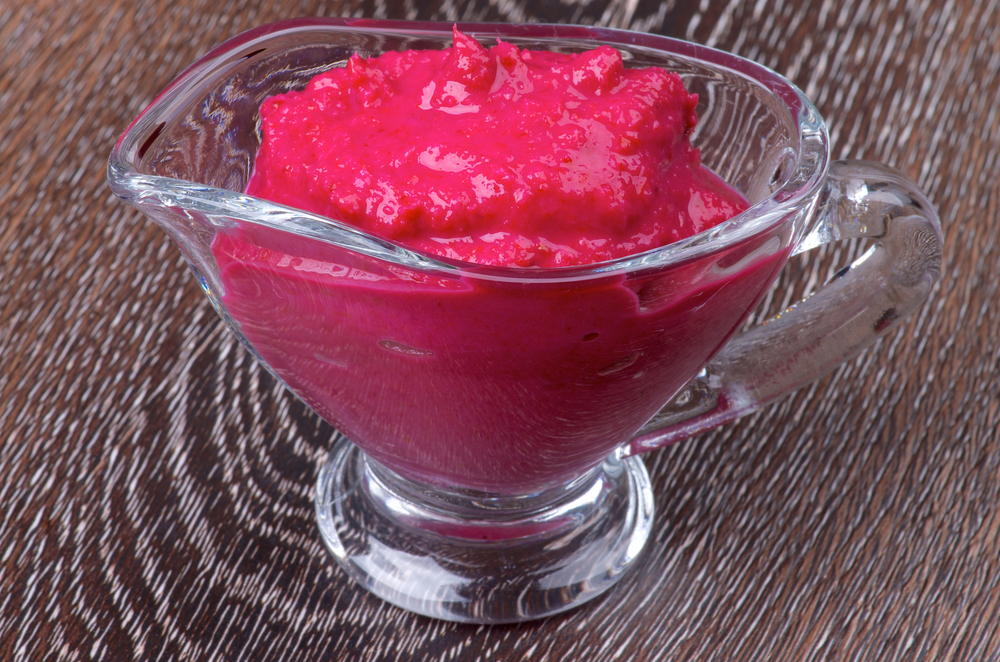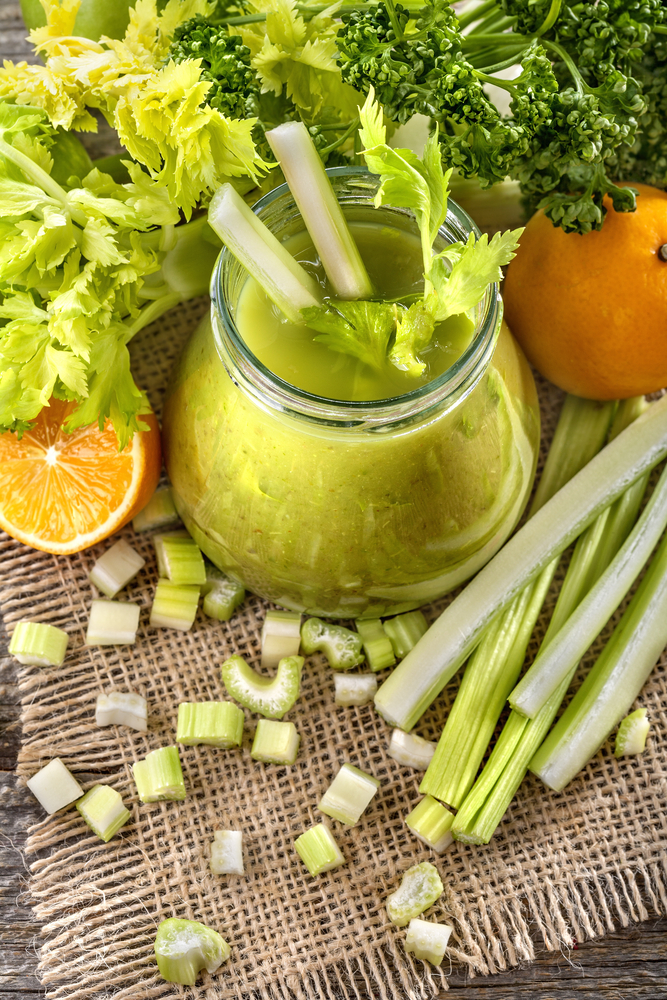Health Benefits of Seder Plate Components
From fighting cancer to helping with diet, find out all the health benefits of the foods on our Passover Seder plate.

Maror
In Sephardic traditions, lettuce, celery, or other bitter greens are used, while horseradish is more common in Ashkenazi communities. Some people grind the horseradish root and mix it with beetroot.
Benefits of Lettuce - It is low in calories and has zero fat, contains fiber and cellulose, which contribute to a feeling of fullness and aid digestion, and it is rich in vitamin C and beta carotene, which help prevent cholesterol oxidation and promote heart health. It also contains a good amount of Omega-3 and has a low glycemic index, thus helping in diabetes prevention.
Benefits of Horseradish - It has anti-cancer properties, is considered a natural antibiotic similar to garlic, and helps combat bacteria and fungi. It is excellent for treating urinary tract and joint inflammations, as a decongestant for clearing sinuses, and for treating breathing problems and coughs. It also greatly aids digestive issues by catalyzing the secretion of digestive juices.
 Horseradish (Photo: Shutterstock)
Horseradish (Photo: Shutterstock)Charoset
Charoset is a mixture of dates, wine, honey, and nuts, symbolizing the mortar used by the Israelites during their enslavement in Egypt.
Benefits of Dates - They are rich in calcium (about 64 mg per 100 grams), reduce the risk of atherosclerosis, have polyphenol antioxidants that are excellent for fighting Alzheimer's and cancer, provide an immediate energy source from natural sugar, and contain dietary fiber that induces a feeling of fullness. They also help prevent a range of diseases and inflammations.
Karpas
Karpas (celery) is eaten dipped in saltwater, symbolizing the salty tears shed by the Israelites due to the hardships they endured in Egypt.
Benefits of Celery - It is a 'champion' in treating and preventing various cancers, particularly colorectal, stomach, and blood cancers. Daily consumption of celery contributes to the reduction and eradication of blood sugar, appetite control, elimination of excess water, management of hunger attacks, kidney stone breakdown due to a generous amount of potassium and magnesium, and has proven efficacy in treating bronchial inflammations.
 Orange juice and celery (Photo: Shutterstock)
Orange juice and celery (Photo: Shutterstock)Z'roa
Z'roa is a roast of lamb, beef, or chicken symbolizing the Passover sacrifice offered in the Holy Temple. Although Z'roa is not eaten during the Seder, its benefits are worth noting:
Benefits of Meat - Most meats are rich in protein, saturated fat, cholesterol, and vitamins like iron and zinc and vitamin B. Red and poultry meats contain iron and essential amino acids necessary for building and developing muscles. With a good amount of vitamin B12, meat helps prevent anemia and oversees the production of new cells, including red blood cells.
Egg
The egg represents two main things: a) the festival offering sacrifice in the Holy Temple and b) mourning over the destruction of the First and Second Temples (as it symbolizes mourning).
Benefits of Eggs - Excellent for eyes: studies have shown daily egg consumption reduces the risk of developing cataracts. An excellent source of protein: one egg contains 6 grams of high-quality protein. Daily egg consumption helps prevent blood clots, reduces risks of heart attack and stroke, and the choline (a type of chemical) in the egg yolk helps maintain brain health, nervous and cardiovascular systems. Eggs are an excellent natural source of vitamin D.

